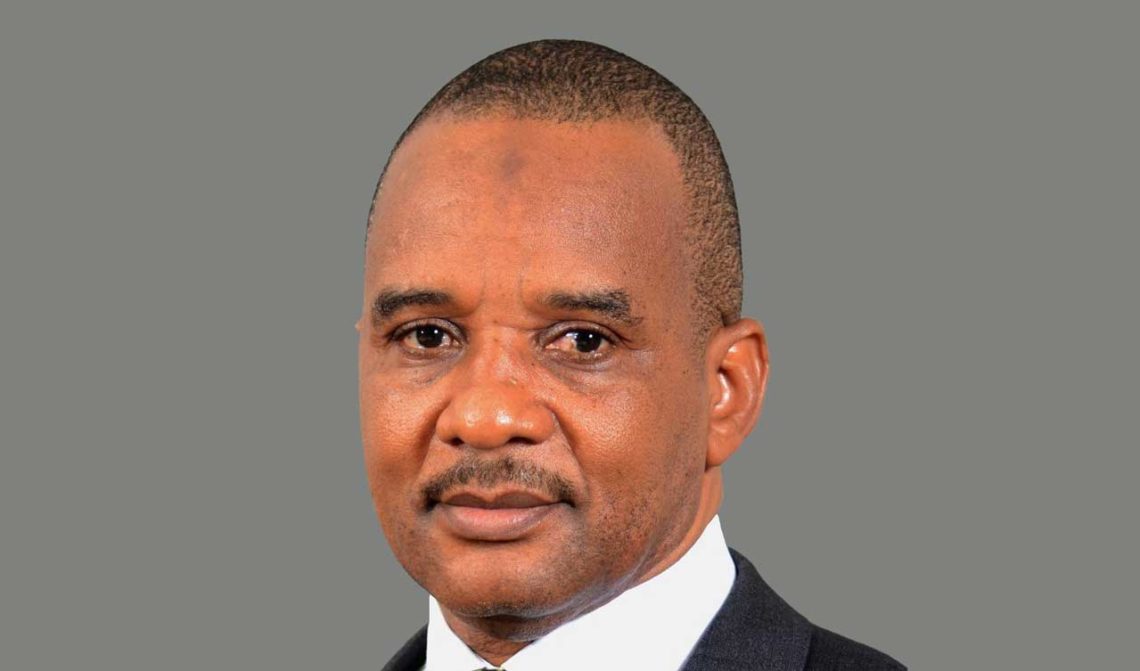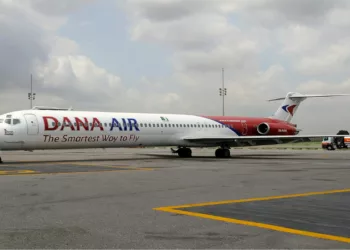Piracy in the Gulf of Guinea recently has gone down and NIMASA has attributed it to the Deep Blue Project. How can the country sustain the feat?
Yes, it is true that piracy and other maritime related crimes have gone down in the Gulf of Guinea as a result of the Deep Blue Project and NIMASA under the able leadership of Dr Bashir Jamoh must be commended for this achievement. The feat can be sustained if the current coordinated multi-agency approach is maintained for the overall benefit of the states of the Gulf of Guinea.
Indigenous ship owners are currently groaning over lack of capacity due to non-disbursement of CVFF. What do you think is the best way to revive indigenous shipping in Nigeria?
Let me say that a lot of factors are responsible for the lack of capacity of indigenous ship owners, not just the non-disbursement of the Cabotage Vessel Finance Fund (CVFF). In my view, indigenous shipping can be revived as soon as government can reform our shipping laws. For example, the sale of our crude oil on CIF instead of the current FOB will change the face of shipping in a dramatic way in this country. Secondly, I urge the National Assembly to take a critical look at the Cabotage Act 2003 with a view to changing some of the provisions for the benefit of Nigeria and Nigerians.
Finally, I am aware that the director-general of NIMASA, Dr Jamoh is working assiduously with the relevant arms of government and the Primary Lending Institutions (Banks) to ensure judicious disbursement of the CVFF. Caution is the word here, as we don’t want a repeat of the failed SASBF of the former NMA.
The present administration was determined to refloat the collapsed national shipping line with no success. What’s the best way to revive the shipping line?
I remember that a couple years ago, Nigeria muted the idea of refloating the collapsed National Shipping Line with the constitution of the National Fleet Implementation Committee chaired by Barrister Hassan Bello, the immediate past executive secretary of the Nigerian Shippers’ Council. The need for a national carrier cannot be underplayed due to the enormous economic benefits to be derived.
The best way to revive our national shipping line will be to put the necessary laws in place with the private sector investors and capital be the drivers.
Nigeria is finding it difficult to get sea time for cadets, how do you think this challenge can be resolved?
The truth is that you cannot give what you don’t have! For Nigeria to give quality sea time training to our cadets we must own the vessels. Check our Ship Registry, how many seaworthy Nigerian Flagged Vessels are there? Meanwhile, you cannot force the foreign shipping lines to give our cadets the needed sea time training!
We can mitigate this challenge by doing the right things that is by tinkering with our existing laws to work in favour of Nigeria.
How best can we develop our shipping to be at par with neighbouring ports in West and Central Africa sub-region?
Whether we like it or not, Nigeria is the preferred port of call for the sub-region in terms of volume of cargo and ship traffic. I think what we need to do as a country is to take second look at our port charges, trim down our agencies at the ports and deal with corruption in the port services value chain. Finally, we must introduce seamless electronic processing of port documentation and clearance.
Do you think Nigeria is fully prepared to participate in the African Continental Free Trade Agreement (AfCFTA)?
Ordinarily, AfCFTA should be to the advantage of Nigeria because it can improve Nigeria’s trade balance as it opens a wider market outreach for our exports and the benefit of cheaper imports of goods and services. It is worthy to note that Nigeria has signed, ratified and deposited the instrument of ratification at the repository, the National Action Committee (NAC). To answer your question, I would say Nigeria is not fully prepared to participate in AfCFTA due to structural challenges, lack of consensus on trade protocols and strategy among stakeholders. But I do know that the NAC is working hard to ensure that Nigeria reaps the maximum benefits of this continental trade window.





